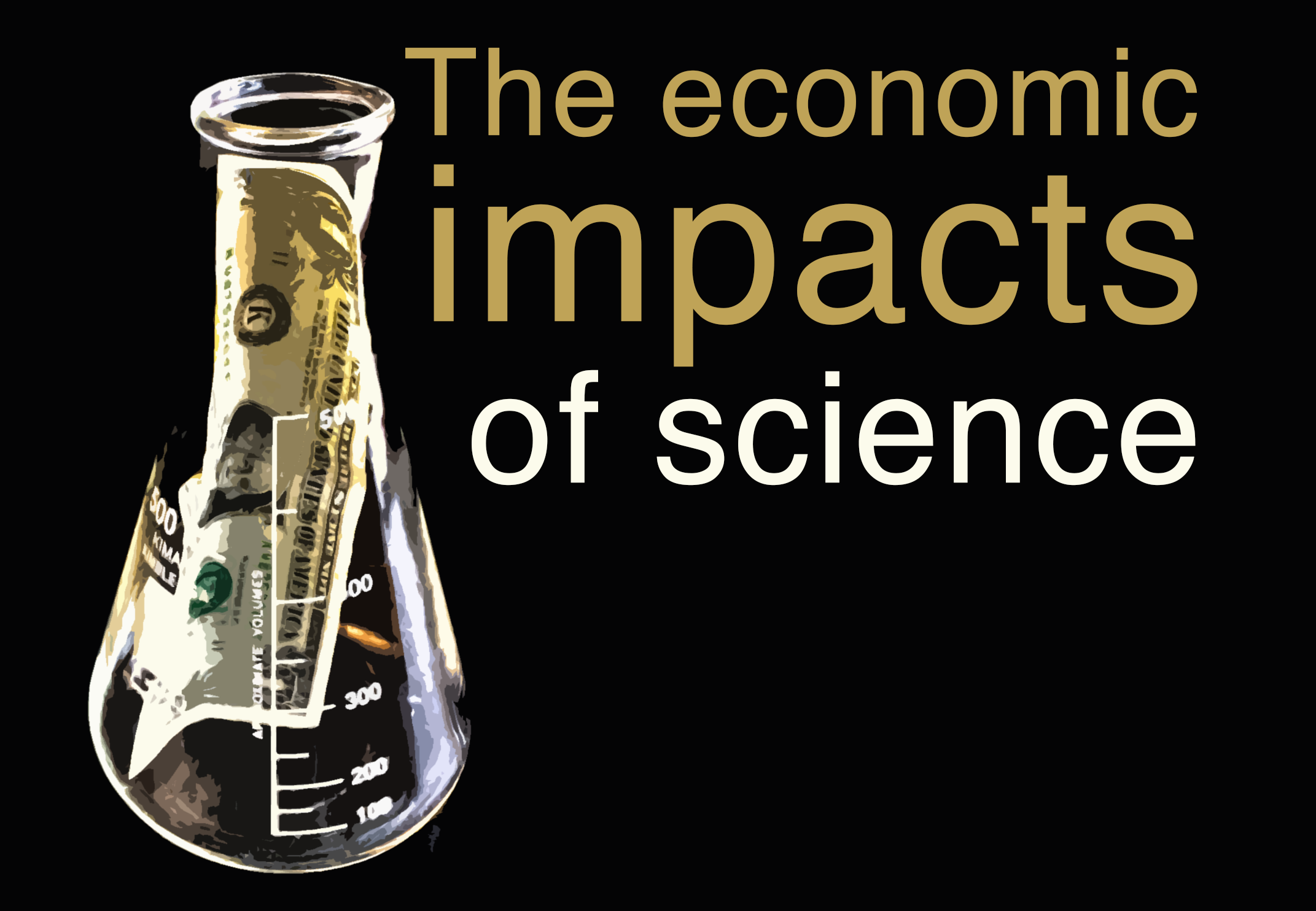The COVID-19 pandemic
If someone were to describe three major events that happened in 2020 to sum up the year, the COVID-19 pandemic would definitely be included as one of them. The pandemic has not only caused the death of more than 300,000 people in just in the United States, but also led to many serious health complications and financial disasters. With the virus still active in our daily lives, many businesses and restaurants have closed or restricted their capacity. Many are struggling to pay their bills and are being evicted from their homes because the rent was simply unaffordable due to rising unemployment. The virus has taken a heavy economic toll, not just in the United States, but in many other countries around the world. Despite the recovery in labor markets and some stock markets, the pandemic continues to act as a financial impediment for many and for the economy as a whole.
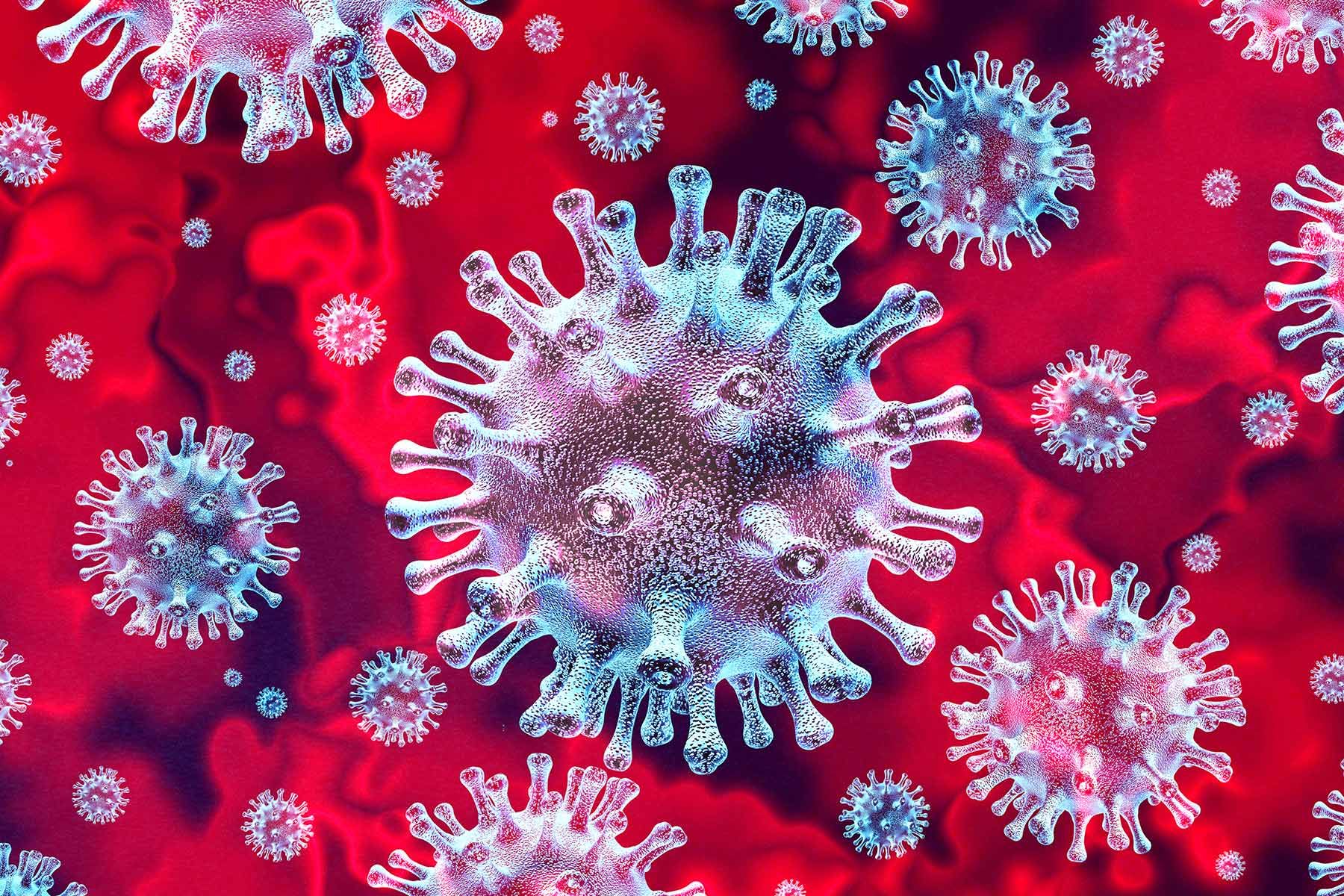
The COVID-19 vaccine
So how does science come into play to possibly turn the economic situation around? One answer to this question is the release of the COVID-19 vaccine. Several vaccine trials were conducted throughout the year to streamline production. Since the vaccine development process is usually much more extensive, developing a vaccine this quickly after an outbreak can only happen through endless hours of research and exploration by scientists to formulate a safe vaccine. and effective for everyone.
Looking at how our bodies fight disease first is helpful to understand how COVID-19 vaccines work. The COVID-19 pathogen is spread through droplets that can enter the body after coming into contact with an infected person. This means that even if they don’t show symptoms, transmission is still possible. When the virus enters the body and begins to infect cells, a person may begin to show symptoms. To fight infection, our immune system uses a multitude of different methods. Our blood includes red blood cells that bring oxygen to tissues and organs, and white or immune cells that fight infections that work together to fight disease. If the body encounters the same virus again, the body’s T cells, called memory cells, quickly spring into action. B cells develop antibodies to attack when recognizable antigens are identified.
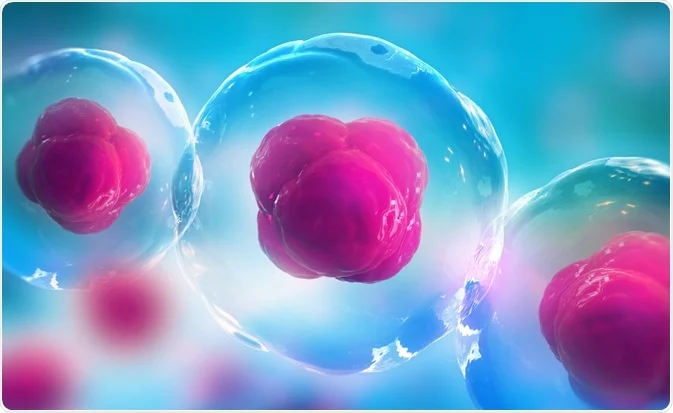 Without us needing to have the disease, COVID-19 vaccines help our bodies build immunity against the virus that induces COVID-19. Different forms of vaccination work in different ways and provide defense, but they provide our body with memory so that T-cells and B-cells know how to fight the virus if the body is infected. It may take several days or weeks for your body to produce and use all of the germ-fighting resources needed to overcome infection the first time someone is infected with COVID-19. After vaccination, it takes a few weeks for the body to develop T cells and B cells.
Without us needing to have the disease, COVID-19 vaccines help our bodies build immunity against the virus that induces COVID-19. Different forms of vaccination work in different ways and provide defense, but they provide our body with memory so that T-cells and B-cells know how to fight the virus if the body is infected. It may take several days or weeks for your body to produce and use all of the germ-fighting resources needed to overcome infection the first time someone is infected with COVID-19. After vaccination, it takes a few weeks for the body to develop T cells and B cells.
There are 3 main types of vaccines currently in phase 3 clinical trials. These include mRNA vaccine, protein subunit vaccine and vector vaccines from Pfizer, Moderna and AstraZeneca. They all work differently but have the end goal of stimulating the production of antibodies to fight the virus if you ever catch COVID-19. Since they are still being tested, they are only available to a small population of frontline workers or doctors and have been shown to be 95% effective against COVID-19. You would need 2 doses of the vaccine, one three weeks after the first vaccination, to receive the best protection.
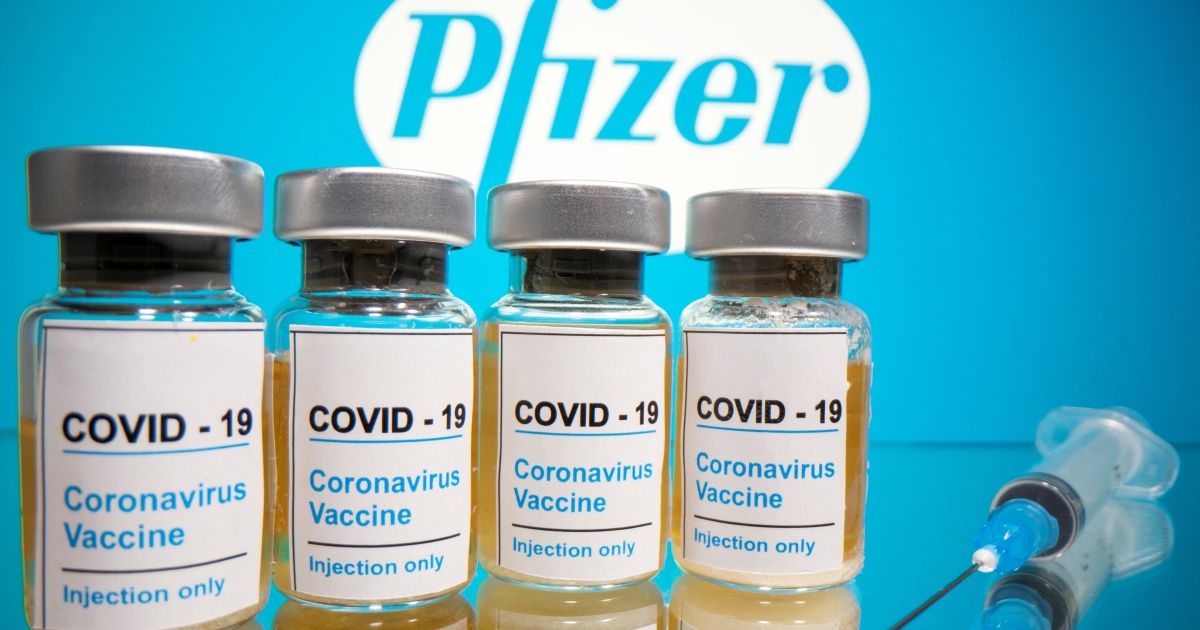
How the vaccine affects the economy
The rapid and major shock of the coronavirus pandemic, and the subsequent shutdown measures to curb its spread, plunged the global economy into a deep recession. The global economy will contract by 5.2% this year according to World Bank estimates. Emerging markets and emerging economies are expected to fall 2.5% this year. While market prices, trade and finance have been severely disrupted, economic activity in advanced economies is expected to contract by 7% in 2020. Wages per capita are expected to fall by 3.6%, which will increase risks of falling into poverty for millions of people this year. year. The pandemic alone has plunged the global economy into a historic low.
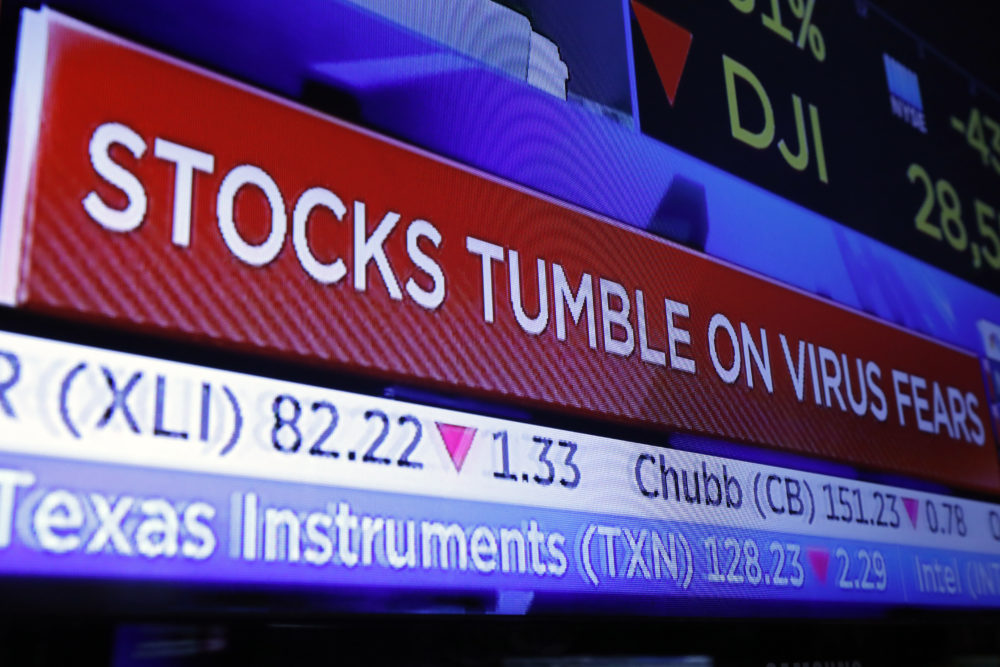
The ACT Accelerator, launched by the WHO, is in cooperation with the world’s leading international health organizations. This is a unique global initiative that facilitates the creation and equal delivery of the research, therapies and vaccines the world needs to fight COVID-19. Additionally, a report commissioned by the Bill & Melinda Gates Foundation indicates that the economic benefits of having a national, inclusive vaccine solution available to all will be at least $153 billion in 2020-21, and will grow to $466 billion. dollars by 2025. It is in fact a much more advantageous solution economically; this is more than 12 times the planned cumulative expenditure of the $38 billion ACT Accelerator.
Since the news of the vaccine broke, Wall Street has undoubtedly been pumped up by reports of the vaccine, with the S&P 500 index up around 3.7% after the first update on the vaccine was released. Pfizer trial on November 9. But it will likely take months for news of the vaccine to translate into increased spending by higher-income households. Additionally, the release of a vaccine could also make Americans more comfortable with their jobs and wages, with many currently unemployed workers believing they will return to work in a few months.
Although it is difficult to draw a direct link between the release of a vaccine by the scientific community and direct economic recovery due to increased business spending, it is safe to assume that the reopening of millions of restaurants and workstations will help heal the economy. Many economists agree that it may be years before the economy returns to normal before the pandemic. The economies of the richest and most developed countries will also benefit more from the vaccine than poor countries, since the richest countries have already ordered millions of vaccines in advance for widely accessible use. 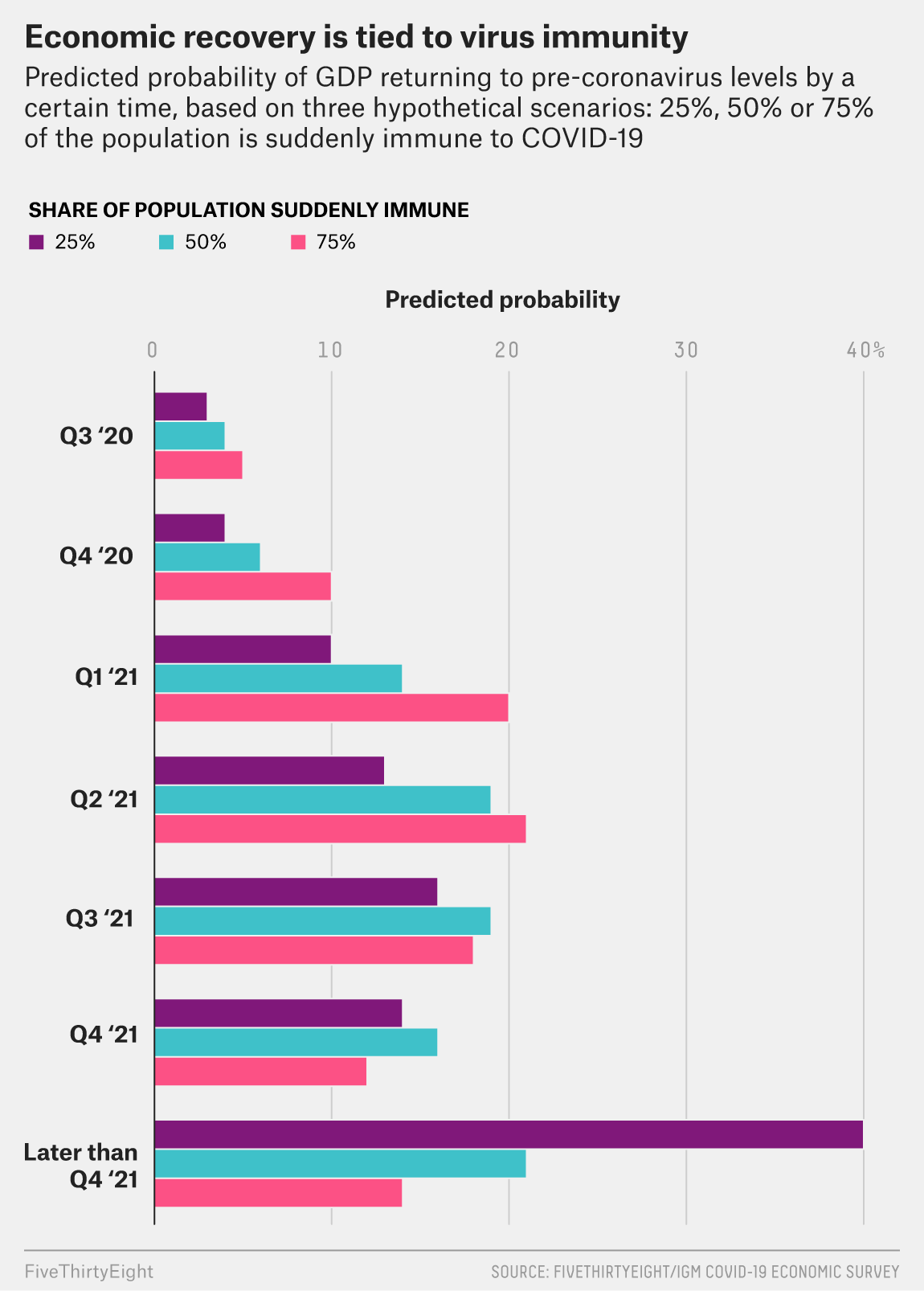
Science saves the economy
On the one hand, it can be argued that the economy is slowly returning to normal due to people’s adjusted lifestyles to COVID-19, but on the other hand, research and the contribution of the scientific community to the development of a vaccine to help the economy are not insignificant. . Without knowledge of the genetic composition of viruses and the laboratory techniques needed to analyze the virus itself, it is impossible to create a safe and effective vaccine in a short time. The delay of a vaccine would only delay the opening of many businesses and the employment of workers, halting the recovery of the economy.
Thus, scientific research is crucial in the face of a pandemic like this and could have a significant effect on the future of the economy of many countries. 